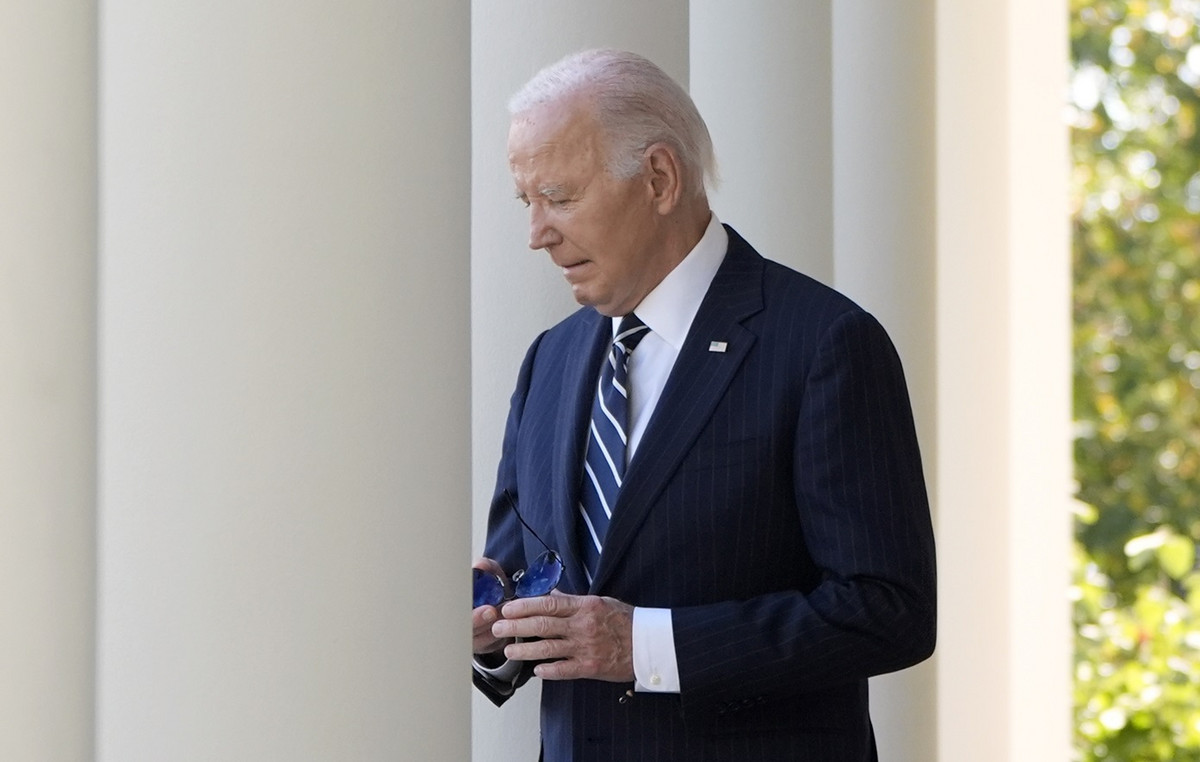Who would have thought that an innocent German-made turbine currently in Canada for maintenance and about to be transported back to Russia at the Portovaya compressor station near the Russian-Finnish border would cause such a stir. But the Russian invasion of Ukraine intervened, followed by EU sanctions against Russia and Gazprom, and now the turbine is emerging as an energy “lifeline” for countries dependent on Russian natural gas, as well as a highly political issue. But what is known about the turbine so far?
“Difficult, but necessary” decision
Siemens Energy, which built it, does not want to give details. But technical experts say it’s a jet turbine, originally built for airplanes and used as an engine in the oil and gas industry. On the type of turbine, opinions differ but it doesn’t matter. It is significant that it is located at Gazprom’s Portovaya compressor station, from where, before the war in Ukraine began, it was transported, undetected, for maintenance in Montreal, where the Siemens-Energy plant is located. A routine case. How long it has been there, and how much longer it will remain, is of enormous importance. The story is well known. In mid-June, Russian President Vladimir Putin reduced the flow of natural gas through the pipeline, with the excuse that it cannot be done otherwise, because due to sanctions the turbine is located in Canada and cannot be moved back to Russia. Feverish telephone diplomacy between Berlin and Ottawa ensued that resulted in a “specific and time-bound” lifting of sanctions on the turbine in question in order for natural gas to resume flowing from 06:00 on July 21. This was not done lightly. Yesterday the Prime Minister of Canada spoke of a “difficult, but necessary” decision.
The thinking is that now Moscow will no longer be able to pretend that it cannot turn on the tap again. Exactly where the turbine is at the moment and whether the maintenance has been completed, no one can say for sure, but even if they knew, they would not want to say. Investigations by the German newspaper Suddeutsche Zeitung lead to the conclusion that he is still in Canada, on his way to Europe. The transport of such large loads is usually done by ship, but the situations require fast procedures, so by air, by chartering an aircraft specialized for such transports. And then other questions follow. Where will the plane land, in Germany? And how will the turbine be transported to the Portovaya compressor station, near St. Petersburg? Will other permits be needed? And more importantly, how quickly will Gazprom install it to open the pipeline on July 21? Siemens Energy stated that its responsibility is to deliver the turbine to its installation site, for everything else it is not responsible.
Burbok: Relaxation of sanctions is out of the question
Yesterday’s announcements by the Russian Ministry of Foreign Affairs, however, caused a new alarm. Its spokeswoman, Maria Zakharova, said there was no written confirmation of the return of the serviced turbine from Canada. Besides, everything depends on the demand and on the “unilateral” sanctions. So this is where the “turbine” highlights in the most vivid way the West’s odyssey in search of an alternative after July 21st. Germany’s natural gas storages are not only not filling up, as is the government’s target, but between last Monday and Tuesday the level fell for the first time since last April, according to data from the European energy storage operator and the German grid operator. Reservoirs are 64.5% full on average, when in early November they should have reached 90% to meet winter needs. According to a poll by the Forsa Polling Institute on behalf of the RTL and ntv television stations, 51% of Germans believe that the sanctions against Putin harm Germany more than Russia. There is grumbling in the coalition government. The general secretary of the Liberals, Bizan Dzir Sarai, criticizes the Minister of Economy, Robert Habeck, that “in his view he did little at a time when it was clear from the beginning of March that Russia would turn off the tap and the natural gas reservoirs could not be filled so easily and quickly”.
For her part, Annalena Burbok, the Minister of Foreign Affairs, rules out easing sanctions against Russia. “Even this is not going to ensure the supply of natural gas, but we would be doubly blackmailed,” he said yesterday in a dialogue with citizens in Bremen. “If we accepted that someone violates international law in the most brutal way, then this would be an invitation to all those who violate human rights, freedom and democracy” Therefore, Germany will support Ukraine “as long as we needed,” emphasized Mrs. Baerbock. “And that is why we will also maintain these sanctions and at the same time ensure that our society is not divided.” But the omens are negative. Klaus Müller, head of the Network Regulatory Authority warns the RND newspaper once again to save energy due to the expected tripling of the price of natural gas. That is, from 1,500 euros per year now to 4,500 euros. In light of the gloomy developments, the successful conclusion of the odyssey with the German turbine manufacturer “would be a certain solution” according to the Cavafian version Or is the “barbarian” bluffing again?
Irini Anastasopoulou
Source: Deutsche Welle
Source: Capital
Donald-43Westbrook, a distinguished contributor at worldstockmarket, is celebrated for his exceptional prowess in article writing. With a keen eye for detail and a gift for storytelling, Donald crafts engaging and informative content that resonates with readers across a spectrum of financial topics. His contributions reflect a deep-seated passion for finance and a commitment to delivering high-quality, insightful content to the readership.





